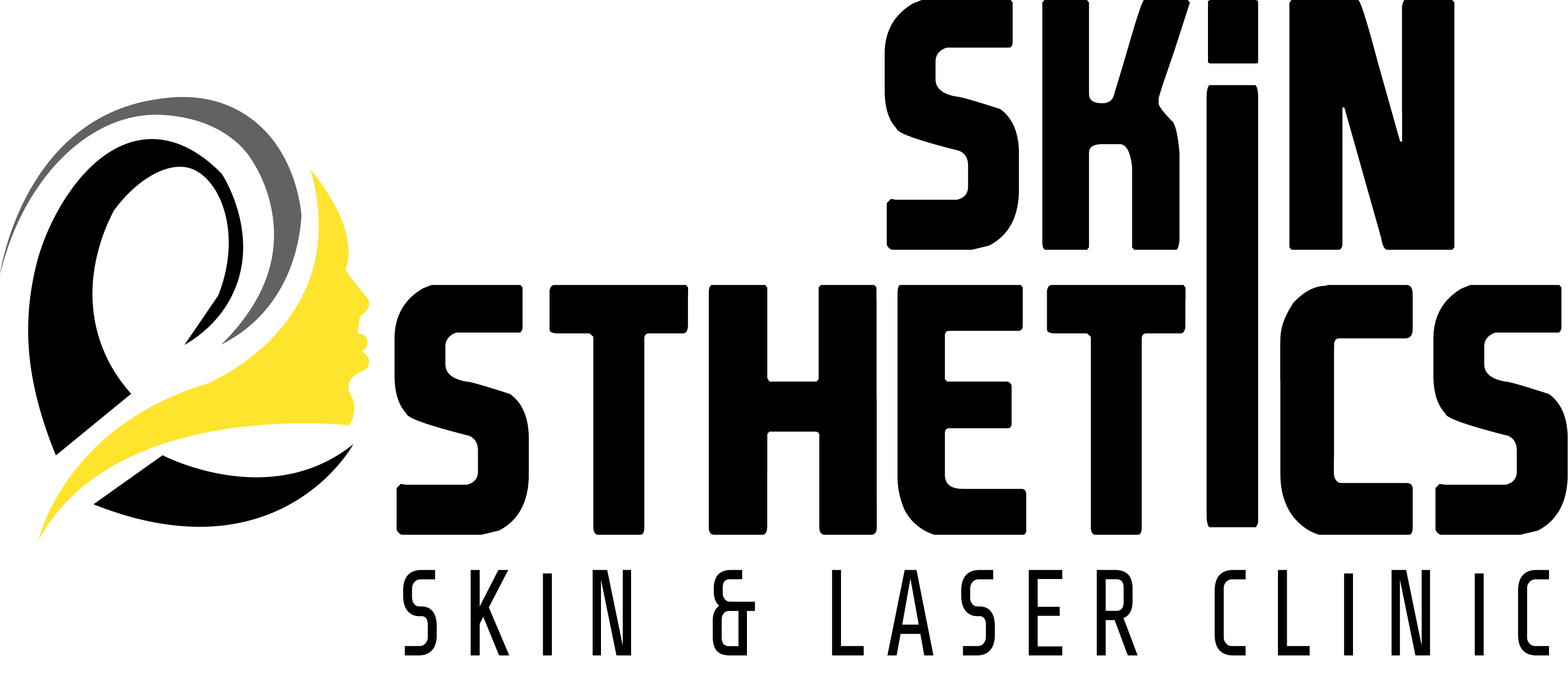What is Skin Pigmentation?
“Melanin, produced by skin cells, is responsible for skin color. However, when skin cells become damaged or unhealthy, they can disrupt melanin production, leading to pigmentation disorders. These disorders can affect specific areas of the face or the entire body.
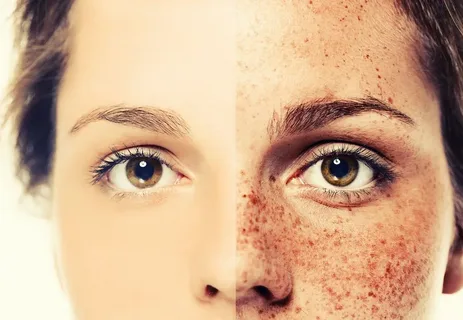
“Want to solve skin discoloration problems quickly and safely? Contact our experienced dermatologists at Skin Esthetics. Our treatments improve skin complexion and enhance self-confidence by addressing skin pigmentation issues.”
Hyper Pigmentation
Hypopigmentation is a condition characterized by a decrease in melanin production, resulting in skin discoloration. This condition often occurs after injuries such as burns, blisters, ulcers, or infections. The affected area may appear lighter or paler due to the loss of skin pigments.
- Aging Spots
- Moles
- Birthmarks
Hypo-Pigmentation
Hypopigmentation is a condition characterized by a decrease in melanin production, resulting in skin discoloration. This condition often occurs after injuries such as burns, blisters, ulcers, or infections. The affected area may appear lighter or paler due to the loss of skin pigments.
Melasma
Melasma is a common skin condition that occurs during pregnancy. It is characterized by the appearance of dark brown marks or patches on the cheeks, bridge of the nose, and neck. Typically, these marks fade away after pregnancy. However, in some cases, they may persist for an extended period.
Pigmentation Treatments:
Here are two common treatments that deal effectively with Skin Pigmentation:
- IPL (Intense Pulse Light)
- Chemical Peels
IPL (Intense Pulse Light) Laser Treatment for Pigmentation
Intense Pulsed Light (IPL) therapy is a revolutionary skin rejuvenation procedure that effectively clears uneven pigmentation, spots, and redness. This treatment helps to achieve a fairer complexion, resulting in creamy-clear skin with no dark patches or pigments.
At Skin Esthetics, our expert dermatologists utilize IPL to treat skin discoloration problems in a comprehensive and effective manner.
What is IPL treatment?
IPL (Intense Pulsed Light) laser treatment utilizes a broad-spectrum light beam to break down concentrated melanin spots, effectively addressing skin pigmentation. Additionally, this treatment targets areas with abnormal redness, providing a comprehensive solution.
Considered one of the most effective treatments, IPL offers a reliable way to address pigmentation concerns and achieve a more even-toned complexion.
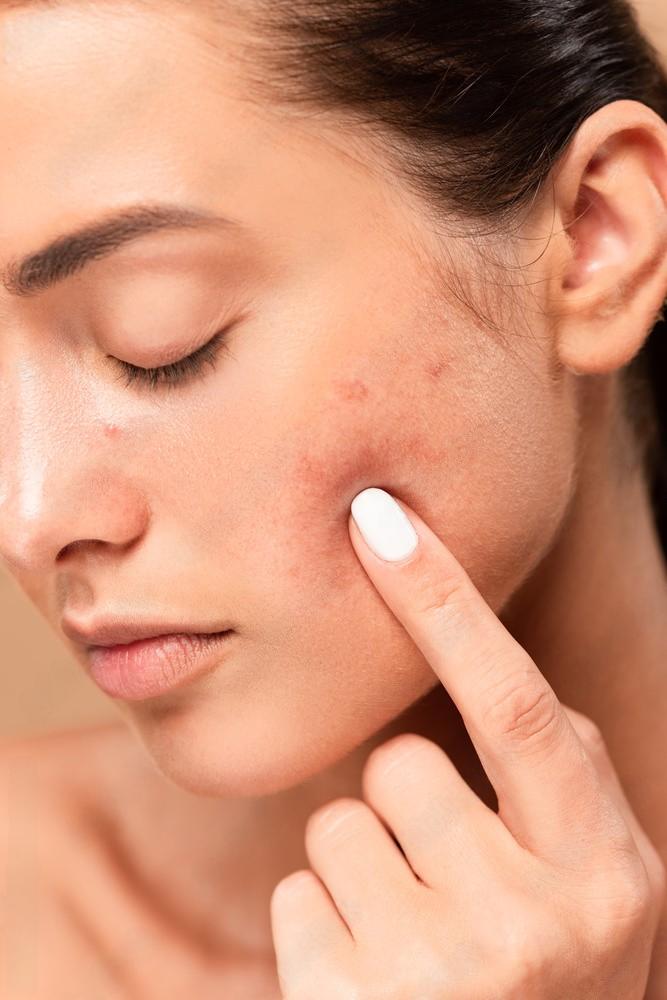
Understanding Acne: Causes, Treatments, and Prevention

Summer Skincare Tips: How to Beat the Heat
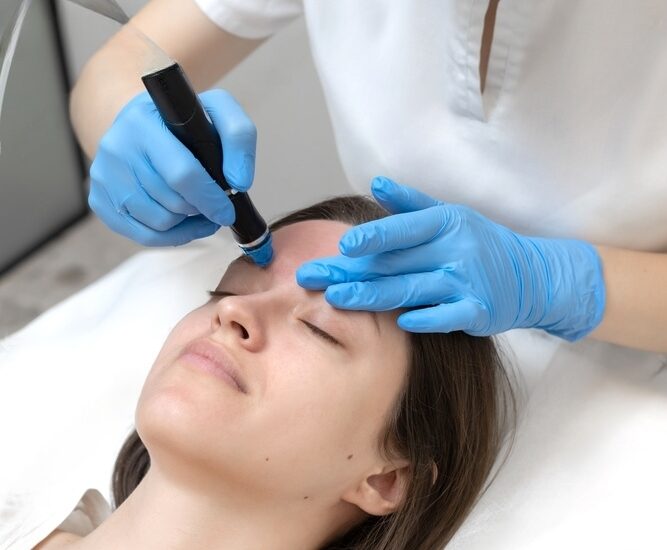
Hydrafacial for Acne-Prone Skin
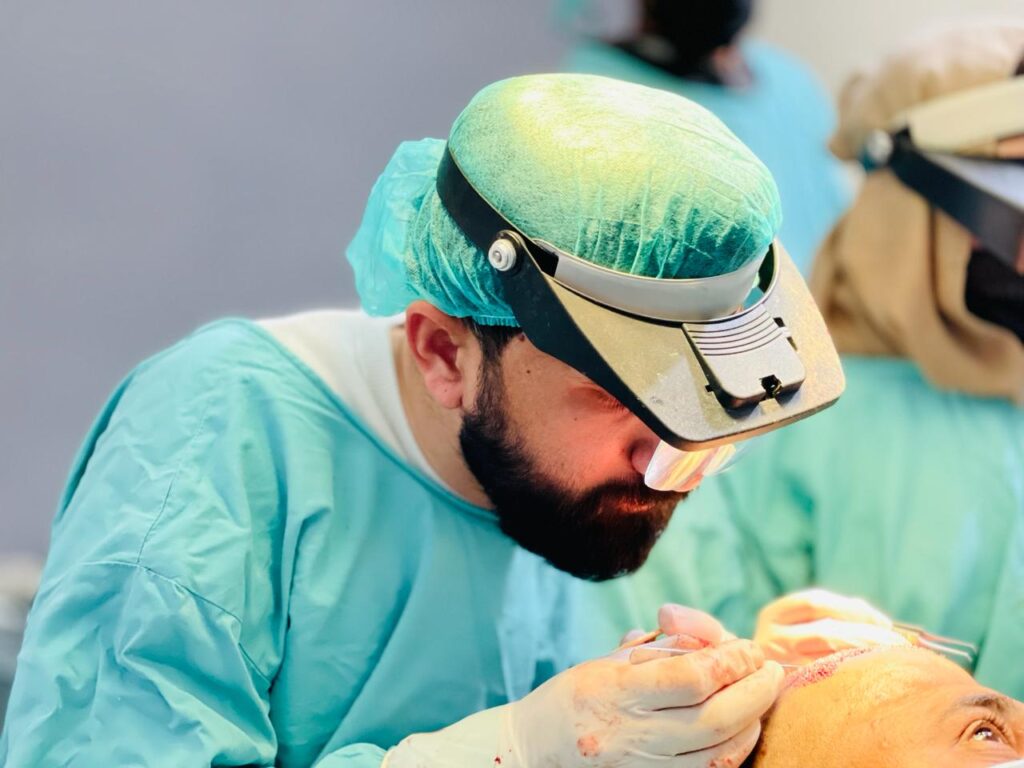
Hair Transplant Techniques: FUE vs. FUT Explained
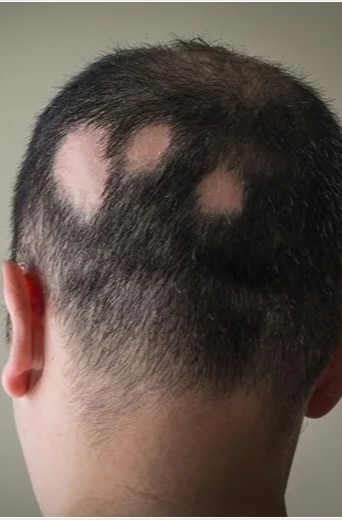
Understanding Alopecia: Types, Causes, and Treatment Options
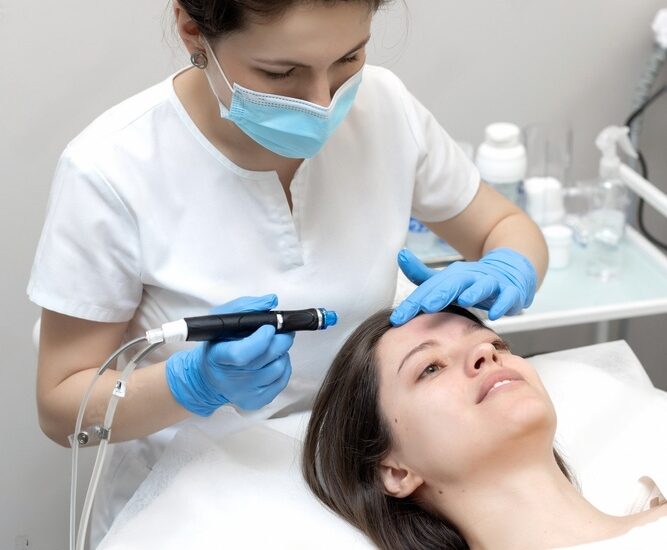
Hydrafacial: The Ultimate Treatment for Healthy, Glowing Skin
The Importance of Regular Skin Check-Ups: Why Dr. Abbas Shah Recommends Them

Acne Treatment
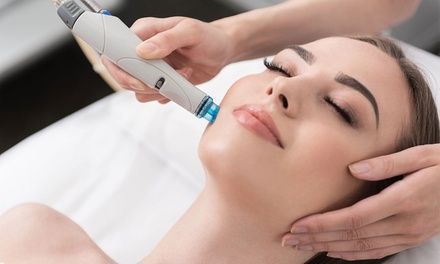
Hydra Facial
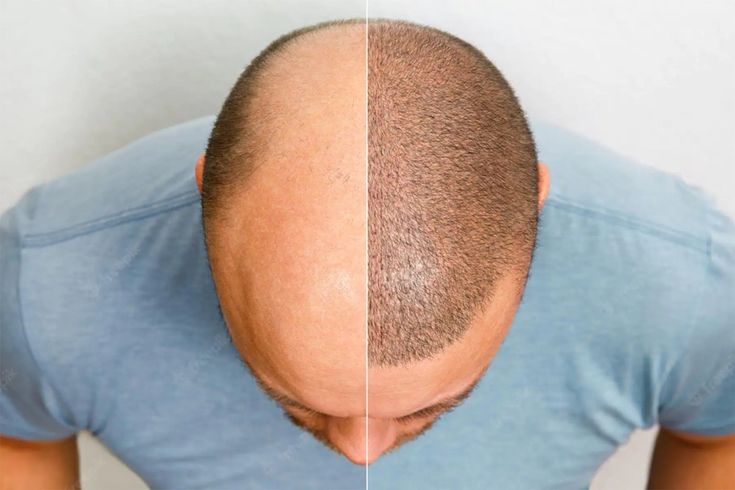
Micro Hair Transplant
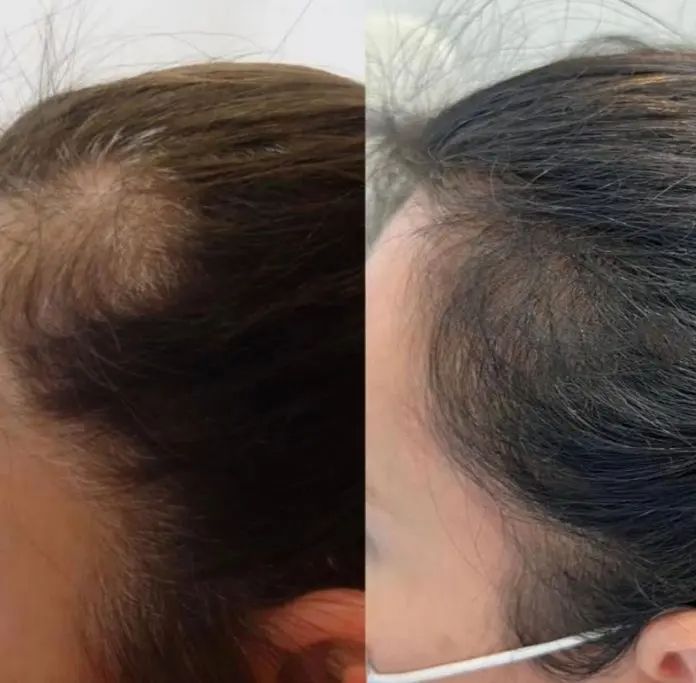
Alopecia
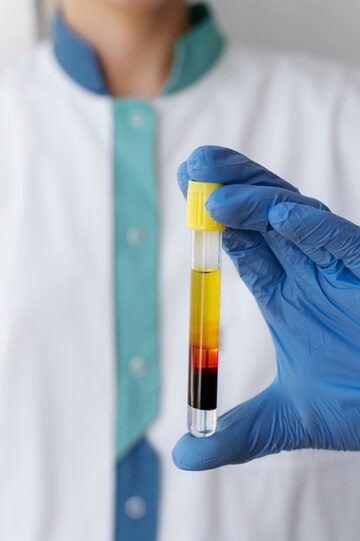
PRP Therapy

Botox
Benefits of IPL Treatments
- Smooth and Clear Skin
- Remove Pigmentation
- Deal with freckles, sunspots, patches
- Smoothes Acne scar
- Treat uneven skin color
- Diffuse redness
- No downtime
- Easy and quick
- Produce long-lasting results
- Treatment for entire body
- Get gradual and natural-looking results
Recovery and Results

Risks of IPL treatment
The patient must understand the risk associated with this treatment before he undergoes through it.
- Redness
- Slight swelling
- Initial darkening on pigmentation area, temporary problem
- Burns
- Scarring
When considering IPL treatment for pigmentation, it’s crucial to choose a trained and skilled dermatologist. While some individuals may opt for an unqualified doctor to save money, they risk facing severe consequences, such as scarring and burns, due to improper treatment.
To ensure your safety and achieve optimal results, it’s highly recommended to consult our expert doctor, who possesses the necessary expertise to perform IPL treatments safely and effectively.
Chemical Peel for Pigmentation
For mild to moderate pigmentation, a chemical peel is an effective solution. Various types of chemical peel procedures are available to address pigmentation concerns. Rest assured, every chemical peel treatment is carefully designed to be safe and rejuvenating for your skin.
How Chemical Peel is performed?
The chemical peel procedure begins with a thorough skin cleansing by a dermatologist. A thick layer of chemical mask is then applied to the skin and left on for 10-15 minutes. After peeling off the mask, the skin is neutralized.
A chemical peel effectively exfoliates the top layer of skin, fading and removing dark spots and pigments. Additionally, it addresses other skin concerns such as acne scars, wrinkles, and fine lines, revealing smoother, brighter skin
Recovery and Results
Reclaim your confidence with our skin pigmentation treatments! With no downtime required, you can resume your daily activities immediately. Mild redness and swelling may occur for 1-2 days, but the remarkable results are well worth it.
Our treatments leave you with fresher, younger-looking skin and a healthier, even tone. Don’t let abnormal skin color hold you back – contact our experienced dermatologists at Royal Cosmetic Surgery Pakistan to schedule a consultation. They’ll examine your skin, provide personalized recommendations, and create a tailored treatment plan to suit your unique needs.
Choose Skin Esthetics Skin and Laser Clinic For Skin Pigmentation Treatment:
Restore the natural beauty and aestheticism of your skin through our safe Skin Pigmentation Treatment in Islamabad. Our highly trained and professional staff will make you feel at home in during your entire consultation process. Feel free to give us a call or fill out the form below. We will be delighted to serve you.
